There’s been a big push in America lately to eliminate outdated, offensive words and phrases from everyday usage. Bigots may cry about “wokeness,” but in reality, it is simply an attempt by mainstream America to reevaluate its relationship with groups it has traditionally abused and undermined, and to respect those groups rather than continue to impose its will and its language on them. This has led to, among other things, the renaming of landmarks and the use of more inclusive terminology in government documents.
And yet, there is one offensive word that too many people are perfectly happy to use under any number of circumstances. That word is “g*psy.”
This word is a racial slur often used in reference to the Romani people, an ethnic group that originated in India and now lives around the world. For centuries, they have been subject to abuse and discrimination, including enslavement, genocide, lack of educational and employment opportunities, forced evictions, hate speech and hate crimes, and police brutality.
As if that wasn’t enough, media portrayals of Roma are almost uniformly negative, spreading old and vicious lies about how they are thieves, child stealers, and swindlers. (Hence the verb “to gyp,” meaning to cheat or be cheated by someone.) Even attempts at positive portrayals are mired in stereotypes and whitewashing. (Sherlock Holmes: A Game of Shadows, I love you, but holy crap, NO.)
Instead of calling the group by their actual name — Rom, Roma, or Romani people — all too many people default to the slur, unaware of how hurtful it is. That word has even acquired several secondary meanings — such as “wanderer,” “bohemian,” or “free spirit” — that have helped it proliferate. This has prompted people to use it in naming their characters, songs, and even real children.
Book Deals Newsletter
Sign up for our Book Deals newsletter and get up to 80% off books you actually want to read.
Thank you for signing up! Keep an eye on your inbox.
By signing up you agree to our terms of use
The term’s unfortunate diversity of use creates ample opportunities for uninformed, well-meaning writers to slip it into their works. Two novels coming out later this year use the term to describe a style of skirt. Janelle M. Williams’s Gone Like Yesterday revolves around a moth that used to have the slur in its name.
In fairness to Gone Like Yesterday, the book does acknowledge that the term is harmful, and the name of the moth wasn’t changed to spongy moths until 2021 — after the book had likely gone to print and after the story’s action takes place. However, g*psy was considered a slur for years before that, and it would have been better if they’d picked another insect in the first place.
European novels have an upsetting tendency to use the word as an insult. In Marco Balzano’s I’m Staying Here, the narrator describes her husband inviting her to go somewhere without letting her get dressed up, and she objects because she “no longer wanted to go out looking like a g*psy.” In the next sentence, she says she doesn’t want to look “frumpy.” She equates Romani people with slovenliness and being unattractive. In Sergei Lebedev’s Untraceable, a long line at the airport is compared to a “g*psy camp that seemed to have been there for years.” Again, the text equates Romani people with undesirable traits — in this case, unpleasant tedium, crowded conditions, and a sense of eternal foreignness.
Since these books are translations — from Italian and Russian, respectively — is it possible that the use of this word was the translator’s choice, and that the original text could be interpreted differently? I have trouble seeing how, and given Europe’s extremely long history of anti-Roma violence and bigotry, I doubt it.
Lest you think nonfiction books are immune to all this, Hallie Rubenhold’s The Five uses the term to describe the nomadic lifestyle of one of Jack the Ripper’s future victims. And Nelson A. Denis uses it to describe a fortune teller (another tired stereotype associated with Romani people) in War Against All Puerto Ricans.
Roma, of course, are free to use whatever words they wish to refer to themselves. None of the authors I’ve discussed or referenced here fall into that category. They are just perpetuating slurs and hurtful stereotypes that should have been eradicated a long time ago.
For the sake of my remaining faith in humanity, I’m going to assume that the continued abuse of this word is due to ignorance rather than apathy or malice. No one is born knowing everything: I spent most of my childhood not realizing there was a word for Roma other than the slur. You know what finally taught me?
A Batman fan fiction story.
Batman’s sidekick Dick Grayson was retconned to be of Romani descent. In the fanfic, Dick uses the word “Rom” in reference to himself. Young Me, having been raised on Disney’s stereotype-laden adaptation of Victor Hugo’s also terrible The Hunchback of Notre Dame, had never come across this word before, so I looked it up. And that’s how I found out.
But don’t go thinking comics are some bastion of enlightenment: Grayson’s heritage, like that of fellow Romani heroes Quicksilver and Scarlet Witch, has only recently been acknowledged in anything resembling a respectful way. (WandaVision definitely was not respectful, nor was that one line in Ant-Man.) DC Comics still has a hero whose codename is just the slur.
So, if you were unaware until now that that word is offensive, consider this your personal Batman Fanfic Moment. Now you know.
The frustrating part — well, the other frustrating part — is that most of the books I’ve mentioned here are genuinely really good. I was thoroughly absorbed in the action, enjoying the way the characters developed and the suspense grew, happy and excited to be along for the ride.
And then, that word.
Out of nowhere. No warning. No good reason for it to be there.
It’s like being shoved in the chest. Every time.
I can only imagine how much worse it is for Romani consumers to have to live with the fact that any book, movie, comic, album, or show they pick up might suddenly push a racist slur in their faces.
And this is not some obscure problem on the cusp of fading away. All of the books I’ve mentioned here — except Hugo’s, obviously — were published in the last few years or aren’t even out yet. Nor is it a problem limited to one genre, or one gender, or one race, or one country. This is an ongoing, universal issue that all creators can help stop.
Writers can avoid using the word in their work.
Editors can inform the writers they work with that this word is not acceptable and help them come up with good alternatives.
Translators can work with authors to figure out other ways of communicating the author’s original intent without hurting their readers.
And, when use of the term is unavoidable — such as when directly quoting a historical figure — publishers can include a notice at the beginning of the book. This would both warn and inform readers about the word’s offensiveness, spreading awareness and hopefully leading to a long-overdue decline in its usage.
In the wider, non-publishing world, some progress has recently been made toward demonstrating greater respect and protection for Roma. At least one character named after the slur has been renamed. In 2022, the U.S. Senate passed a resolution that, among other things, acknowledged the contributions that Romani Americans have made to this country and Roma suffering during the Holocaust. Romania passed a law against anti-Roma hate speech in 2021.
And now, with International Roma Day around the corner, I humbly suggest that all of us, readers and writers alike, move forward with a greater understanding of this word’s true meaning, greater determination to avoid using it, and greater courage to call out its misuse when we see it.


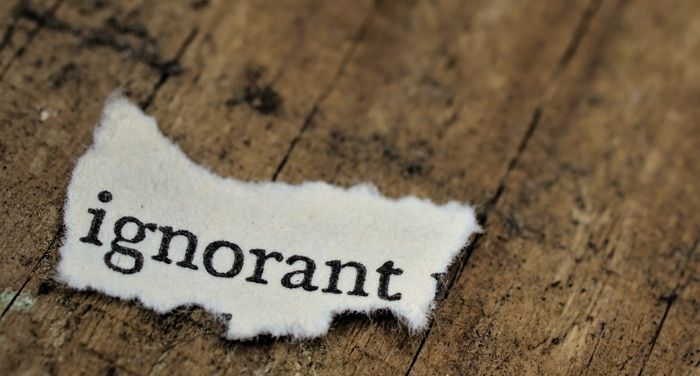







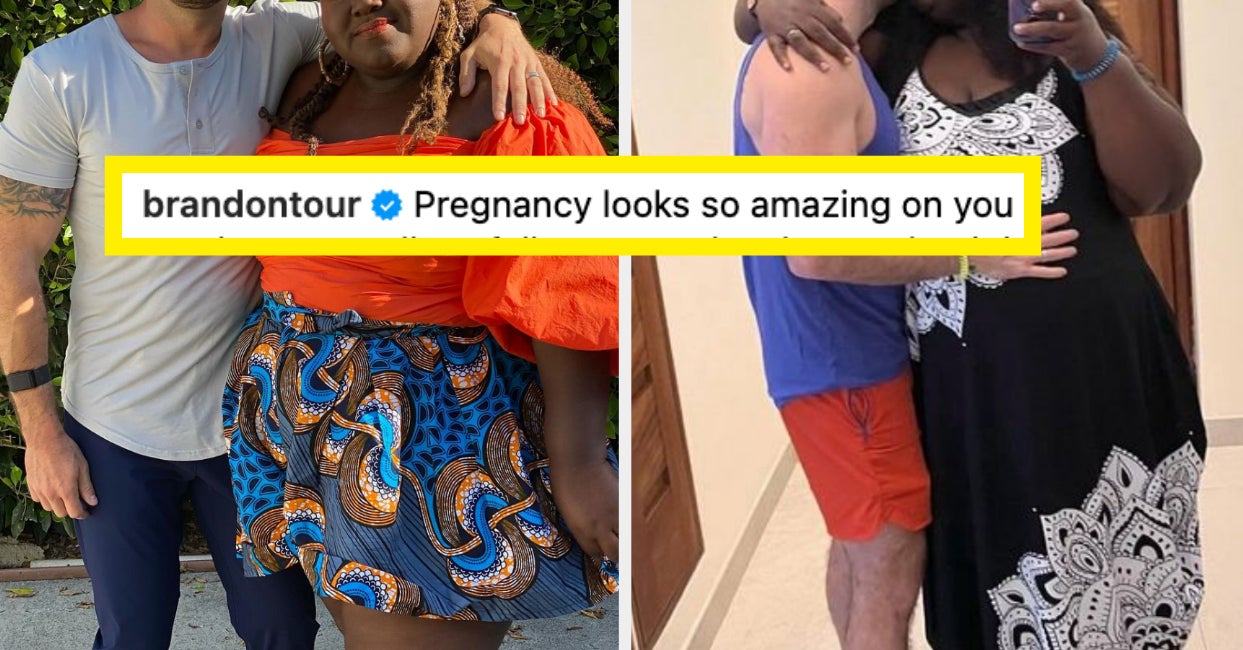
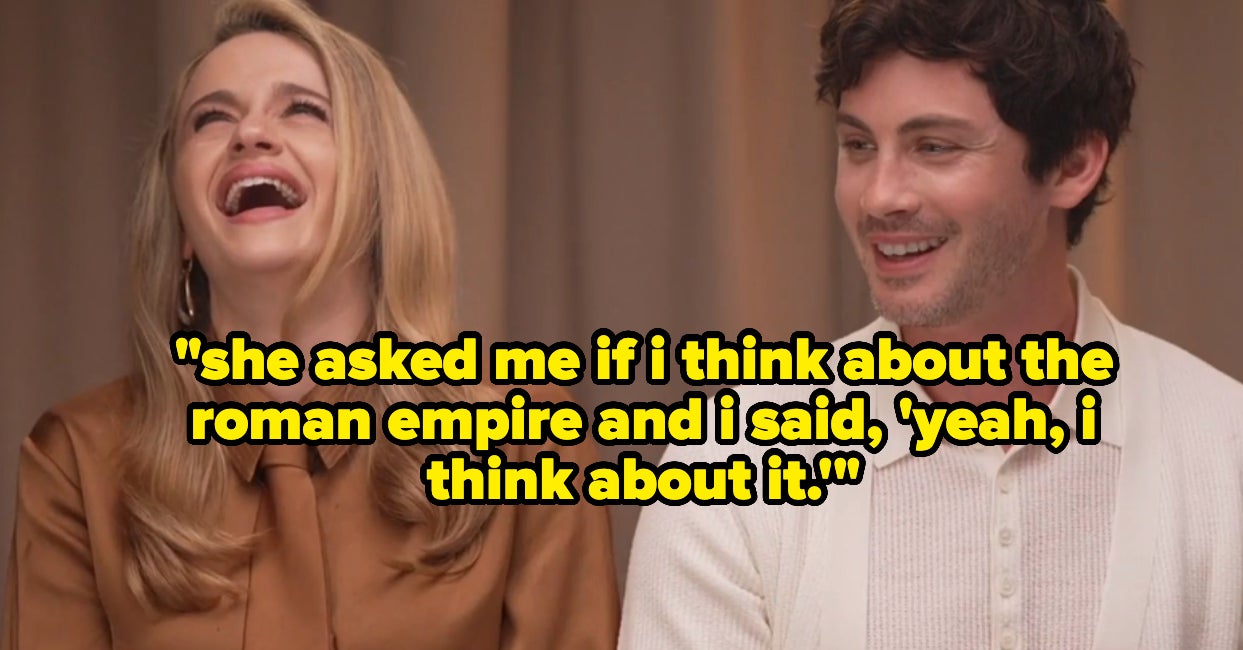

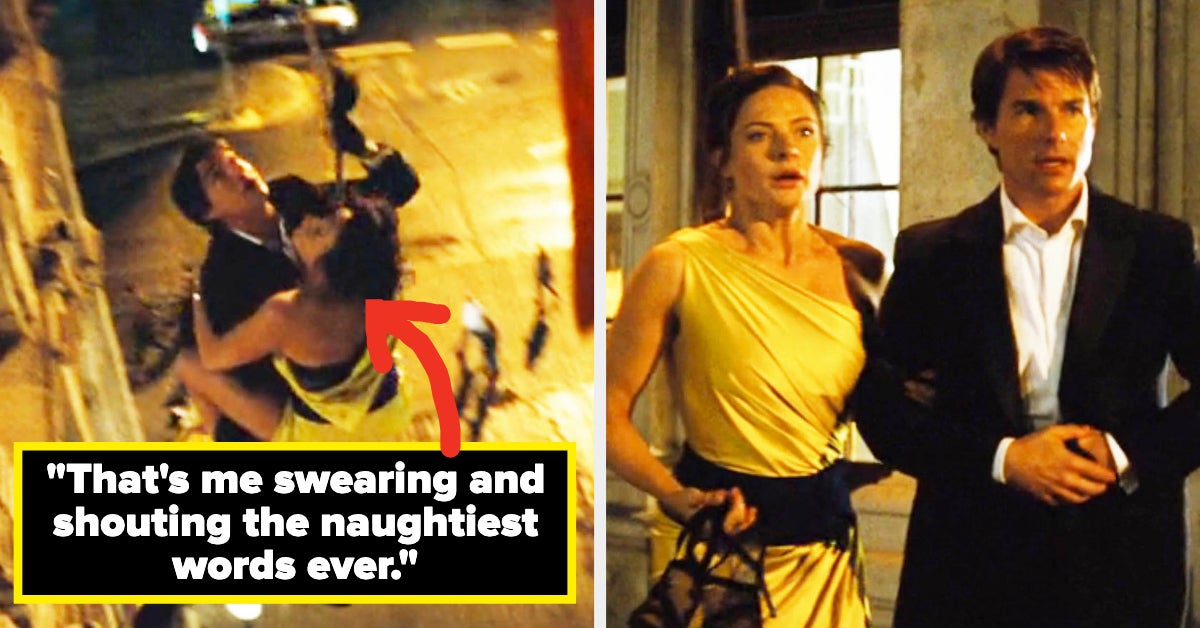













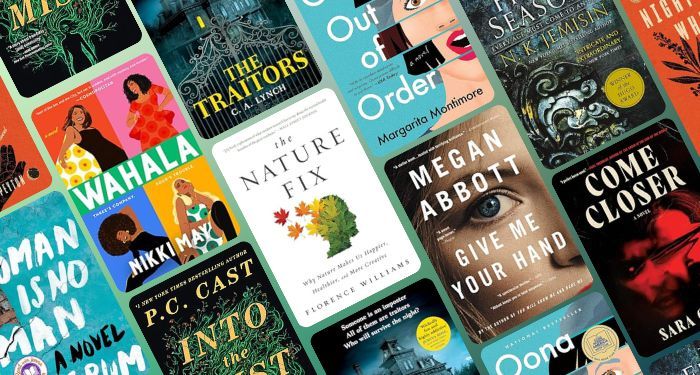


:quality(85):upscale()/2023/08/10/880/n/1922564/6cae325164d543841b70b5.17301080_.png)
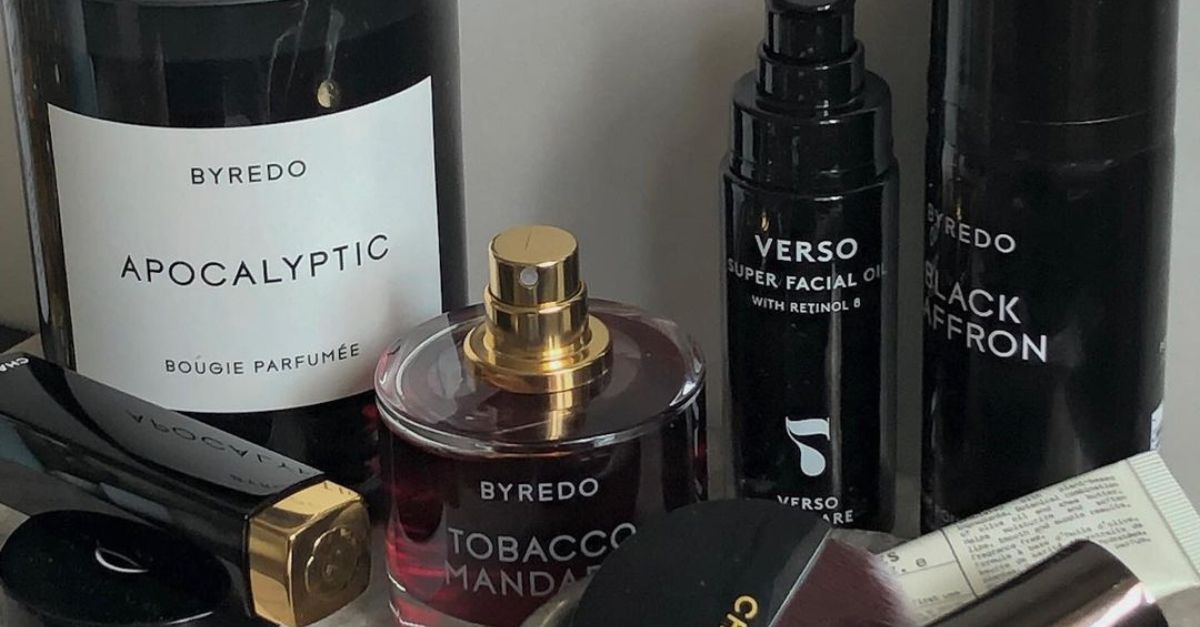
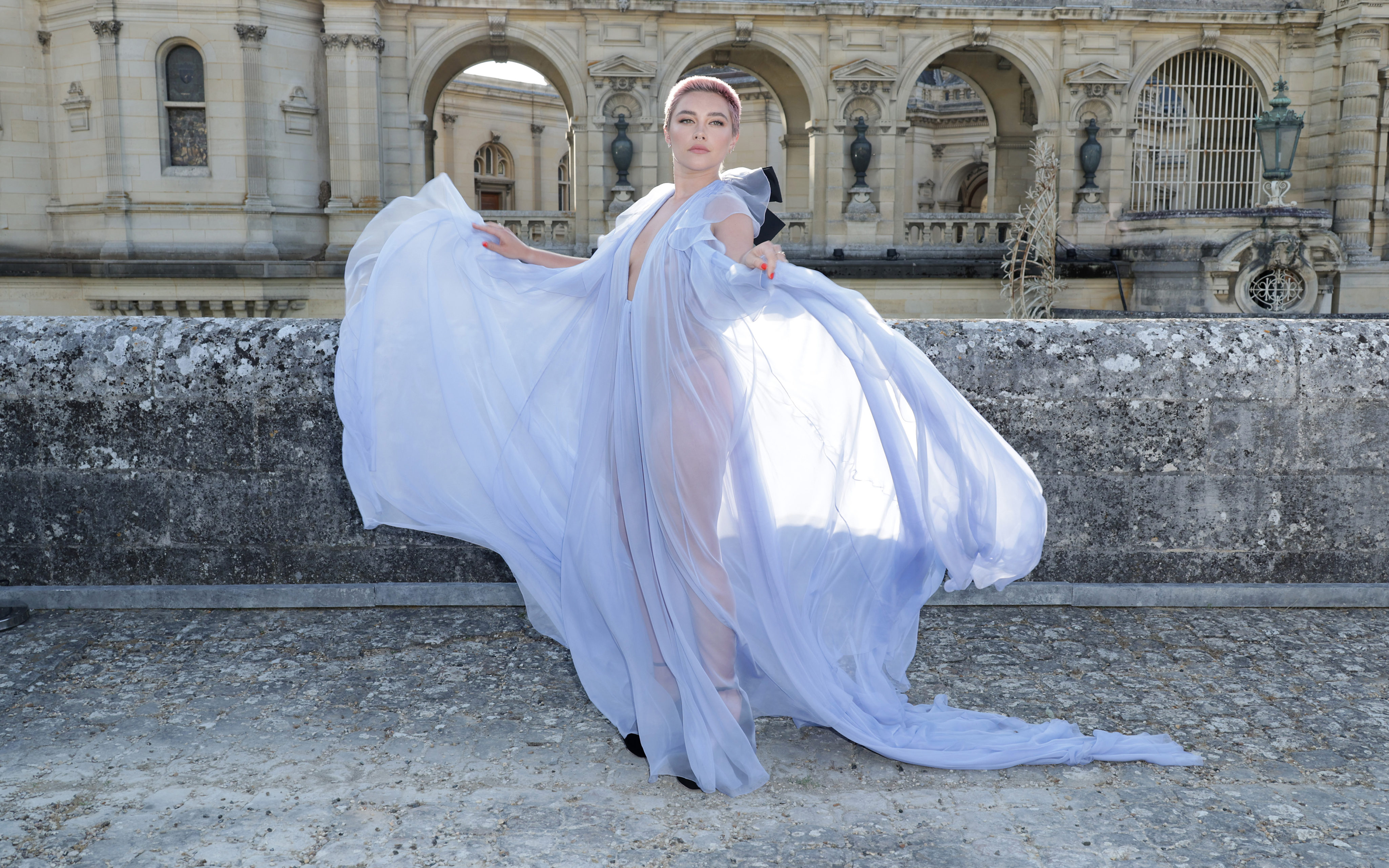
:quality(85):upscale()/2023/08/13/793/n/1922564/93b9ff5c64d91a976e7f87.53076199_.jpg)



